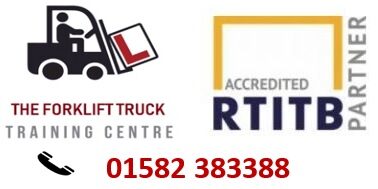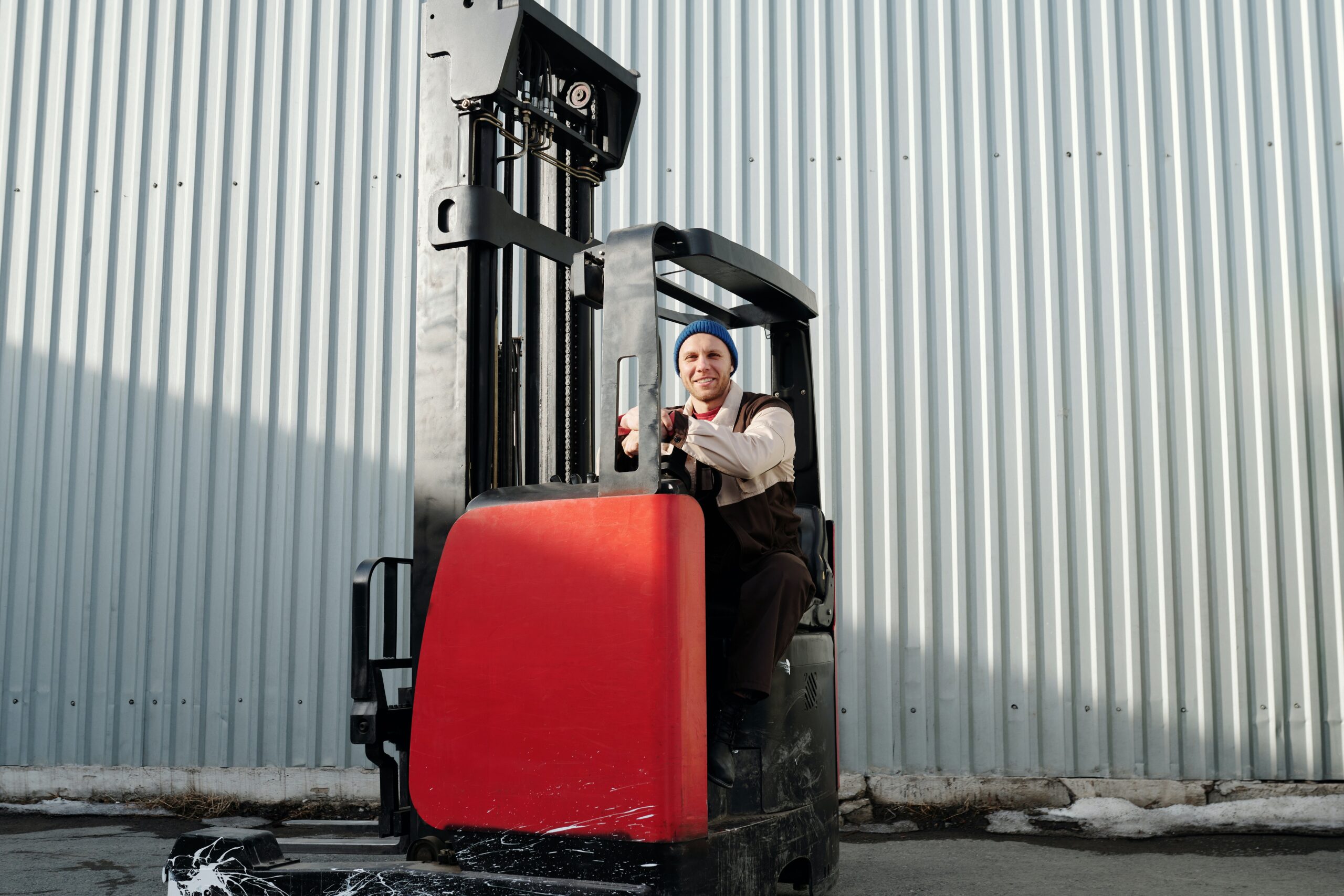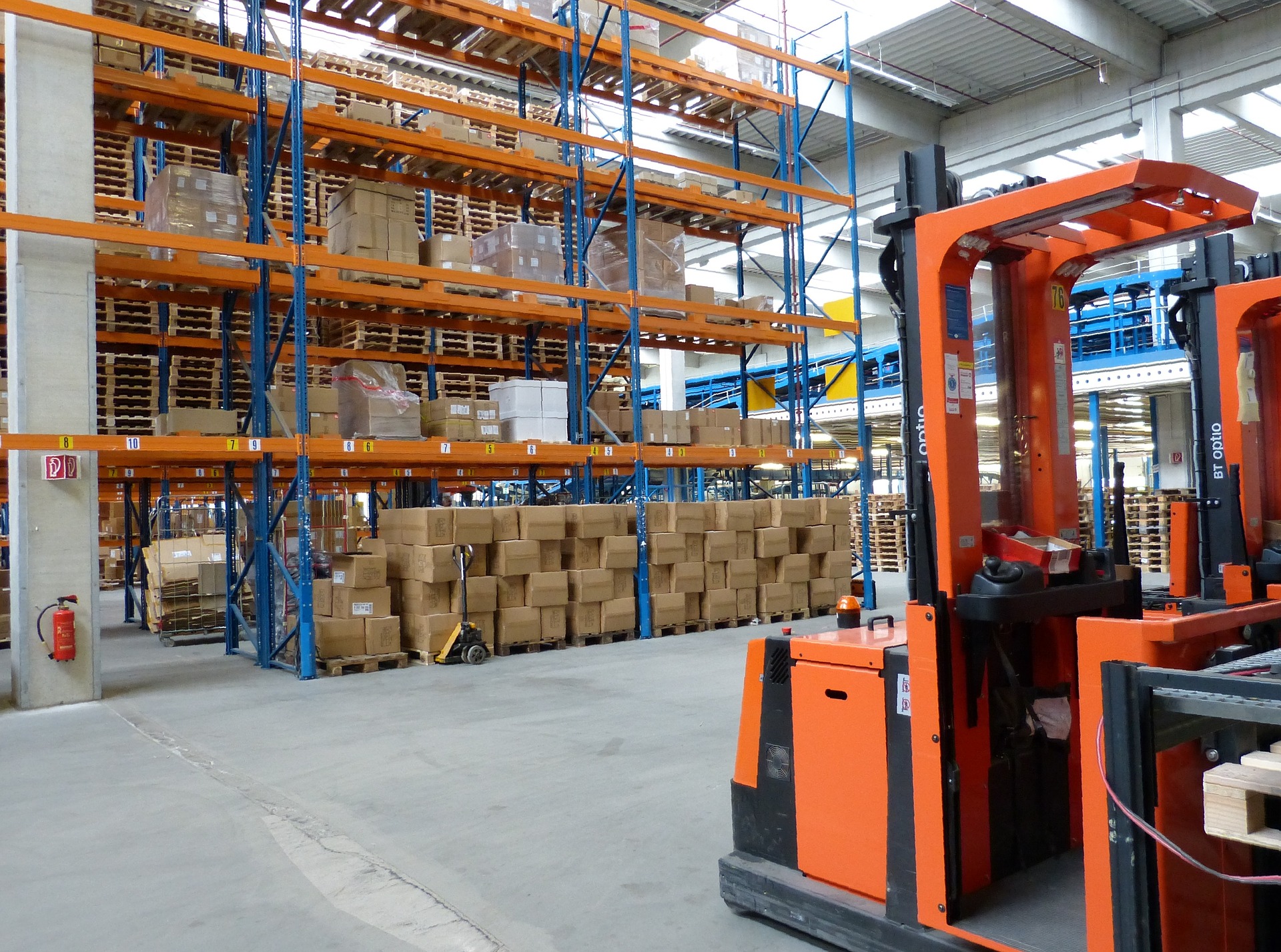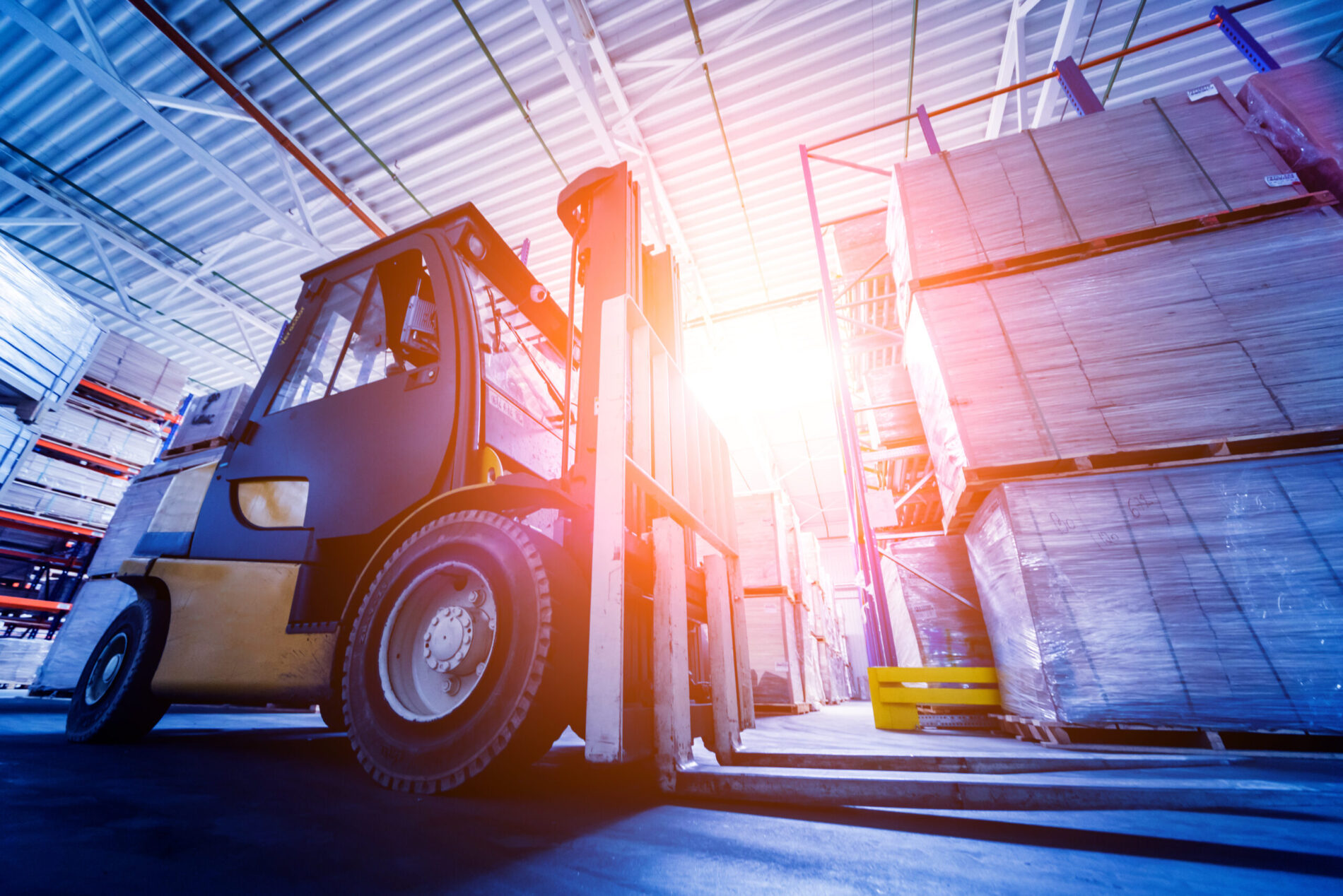We all know how essential forklifts are to any warehouse; it’s also incredibly important to pick the right one for your needs. Diesel forklifts are one option available to organisations – but what are the pros and cons of diesel forklifts?
Diesel forklifts are incredibly reliable. They are generally more cost effective than gas or electric run forklifts; there’s no downtime for recharging and they are well designed to work in harsh conditions. They have a simpler engine design and therefore are more low maintenance than other models, and are well known for their long operating life.
However, diesel forklifts do have a problem with emissions – this can be a concern for warehouses using diesel forklifts indoors for team members. They can be incredibly noisy which can be a problem for safety and communication, and whilst they are low cost maintenance the initial cost to buy one is much higher than other gas or electric run forklifts.
What’s right for your business?
For more information about our forklift training or to book your place, contact 01582 383388 or office@wetrainflt.co.uk.





